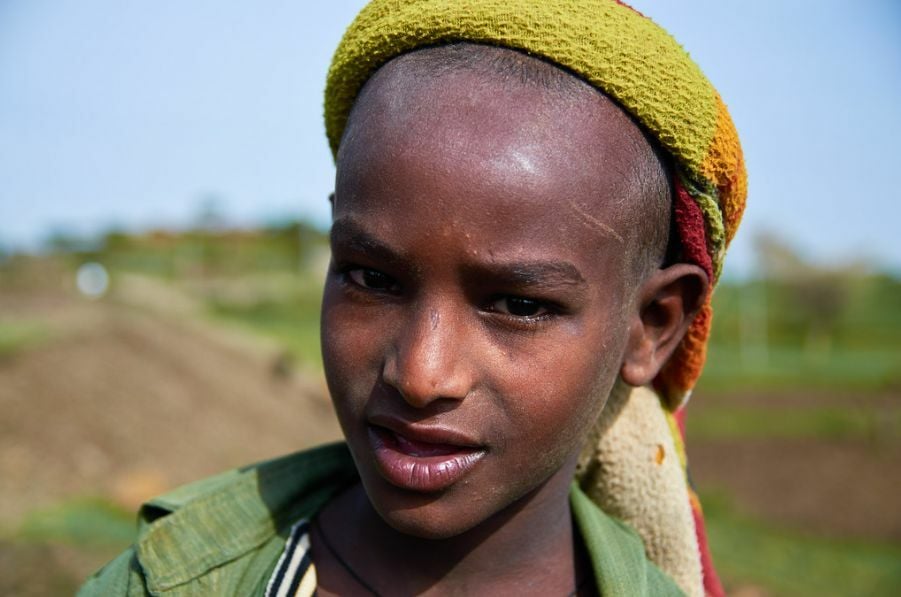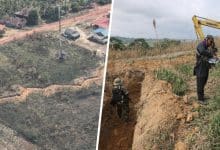Tigray conflict displaces thousands, demand withdrawal of invading forces

Thousands of displaced individuals from Ethiopia’s Tigray region took to the streets to demand a return to their homes and the withdrawal of “invading forces,” according to witnesses and local television. The conflict in Africa’s second most populous country lasted two years, resulting in countless civilian deaths and displacing around two million people before a surprise truce was declared in November last year.
Despite the ceasefire and the resumption of humanitarian aid to the affected Tigray region, significant challenges remain in securing lasting peace. Protesters in several cities, including the regional capital Mekele, chanted and displayed signs stating: “Return us quickly to our homelands” and “Invading forces should leave our land,” as seen in clips aired on Tigrai TV.
Eritrea’s army and military forces from the neighbouring Amhara region played a crucial role in supporting Ethiopian government forces during the Tigray conflict. Amhara forces continue to control western Tigray, a disputed area claimed by both Amharas and Tigrayans, while Eritrean troops are also believed to be present in border regions. However, verifying the situation on the ground is difficult due to restricted access for journalists, reports Bangkok Post.
Hadush Kassa, a protester from Humera, the largest town in western Tigray, emphasised the importance of resettlement: “We are asking to return to our original homeland so that we can farm and eat.” Another protester, Birhan Tadesse, expressed the desire to return home before the rainy season, adding that life had not improved since the peace deal was signed in Pretoria, South Africa.
Getachew Reda, head of the Tigray interim regional administration, assured last week that his authority is committed to helping displaced individuals return to their homes. Around 90% of Tigray’s six million residents, who were largely isolated during the conflict, now depend on humanitarian aid. However, the United Nations’ humanitarian agency, OCHA, reported in April that aid has yet to reach the necessary levels.
Tigray’s health system has been severely impacted, with OCHA stating that 85% of schools have experienced serious or partial damage. The conflict began in November 2020 when Prime Minister Abiy Ahmed sent troops into Tigray to overthrow the Tigray People’s Liberation Front (TPLF), the regional ruling party at the time. The United States has estimated the death toll from the conflict to be around half a million lives.
Latest Thailand News
Follow The Thaiger on Google News:


























